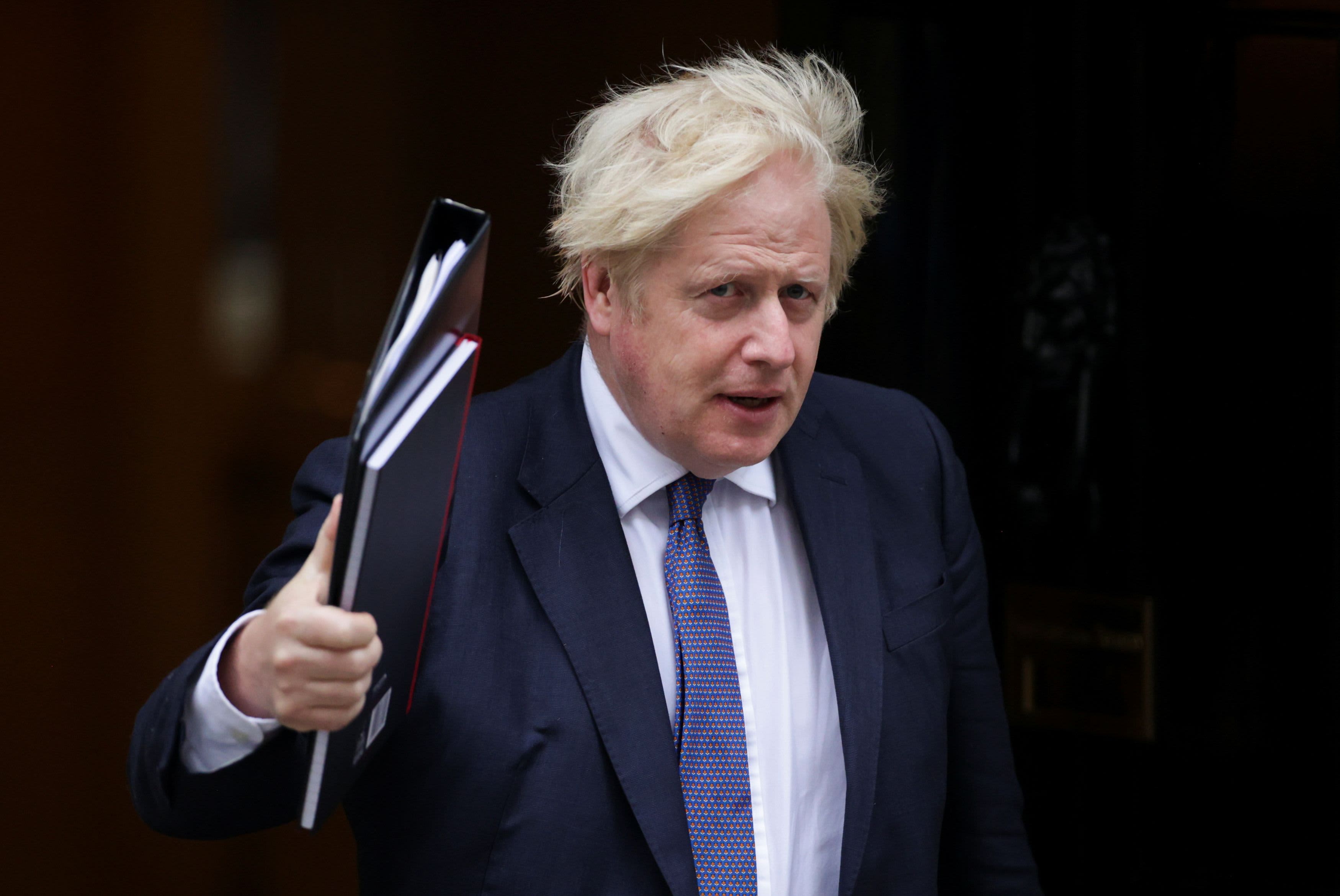Members of the environmental group MilieuDefensie will celebrate the verdict on the case of the Dutch environmental organization against Royal Dutch Shell Plc in front of the courthouse of the Palace of Justice in The Hague on Wednesday, May 26th, 2021.
Peter Boer | Bloomberg | Getty Images
LONDON – Some of the world’s largest corporate issuers have suffered a string of defeats in the boardroom and courtroom, reflecting the dwindling patience of investors who are pushing for much faster action to deal with the climate emergency.
In just a few hours on Wednesday, shareholders in US oil giant ExxonMobil helped a tiny activist hedge fund overhaul the company’s board of directors, investors in US energy company Chevron opposed management on a crucial climate change vote, and a Dutch court ordered Royal Dutch Shell to take much more aggressive measures to reduce carbon emissions.
The coincidence of events shows the growing pressure on international oil and gas companies to set short, medium and long term goals that are in line with the Paris Agreement – the climate agreement widely recognized as extremely important in avoiding an irreversible climate crisis.
At present, none of the world’s largest oil and gas companies have announced how it will achieve its goal of becoming a net-zero company by 2050, more than five years after nearly 200 countries ratified the Paris Agreement.
“An extremely devastating day for Big Oil,” said Bill McKibben, author and founder of the grassroots climate campaign 350.org, on Wednesday via Twitter. “Thanks to everyone who struggles – you push long enough and dominoes fall.”
What happened on wednesday
“It’s not often that three of the super majors hit the headlines within 24 hours, but that was certainly the case yesterday,” said Raymond James analysts in a research note.
“And all three headlines – Exxon, Chevron and Shell – had a common theme: climate risk.”
Engine # 1, which has a 0.02% stake in Exxon, removed at least two board members at the oil giant’s annual general meeting on Wednesday. The vote came as the activist firm tried to force the company to accelerate plans to move away from fossil fuels.
Exxon CEO Darren Woods said on CNBC’s “Closing Bell” Wednesday that he welcomed the new directors and looked forward to “helping them understand our plans and then hearing their insights and perspectives.”
Exxon’s management has sought to highlight the steps it is taking to cement its role in a lower carbon future, including funding research into carbon sequestration and other mitigation technologies.
The shareholders of Chevron, Exxon’s closest rival, voted for a proposal from the Dutch group Follow This to encourage the oil company to cut its emissions. The move underscored an activist-led investor surge to reduce the company’s carbon footprint.
“Big Oil can make or break the Paris Agreement. Investors in oil companies are now saying: We want you to cut emissions now and not in the distant future,” said Mark van Baal, founder of Follow This, in a brief statement following the majority vote .
Chevron is committed to reducing CO2 emissions contributing to the climate crisis, but has not yet shown a path to net zero emissions by 2050.
Read more about clean energy from CNBC Pro
In Europe, a Dutch court ruled that Shell must reduce its CO2 emissions by 45% by 2030 compared to 2019. This is a much larger reduction than the company’s current goal of reducing its emissions by 20% by 2030.
The court ruling also said Shell is responsible for its own carbon emissions and those of its suppliers, known as Scope 3 emissions. The court ruling is believed to be the first time in history that a company is required by law to adapt its policies to the Paris Agreement.
A Shell spokesman said the company expects to appeal a court ruling it has labeled “disappointing”.
What now?
Ashurst law firm’s dispute resolution partner Tom Cummins emailed CNBC to tell that the Dutch court ruling on Shell could have a broader impact on the oil and gas industry.
“This is arguably the most significant climate change ruling to date, stressing that businesses, not just governments, can be the target of strategic litigation aimed at driving behavioral change,” said Cummins.
“Oil and gas companies will review the ruling, as will stakeholders and filing attorneys, to see if similar claims can be made against other companies in other jurisdictions.”
A sign stands outside a Chevron gas station on July 31, 2020 in Novato, California.
Justin Sullivan | Getty Images
Not everyone agrees that the court ruling is likely to put more pressure on the oil and gas industry. Per Magnus Nysveen, head of analysis at Rystad Energy in Oslo, said it was “hard to imagine” that a final court ruling would convict oil companies for so-called end-use emissions.
“End-user emissions should be more the responsibility of the consumer. In my opinion, that ruling has a negligible chance of surviving complaints,” said Nysveen.
“However, it is not surprising that we are seeing this ruling in a low court in the Netherlands, as public opinion in the country is particularly sensitive to the climate impact of the energy industry,” he added.
Regarding Exxon’s board of directors change, Bank of America analyst Doug Leggate said the practical implications are “largely inconsequential” and “largely symbolic”.
“It does not affect our view of the investment case, strategy or leadership team at XOM, who we consider to be pragmatic advocates of responsible oil and gas investments,” Leggate said in a note.










